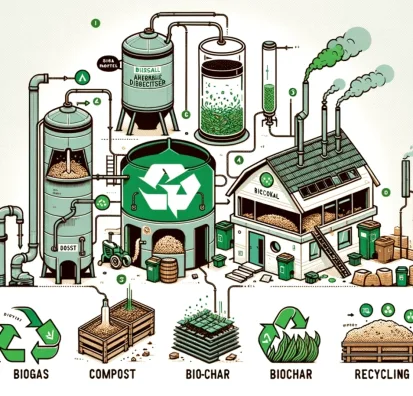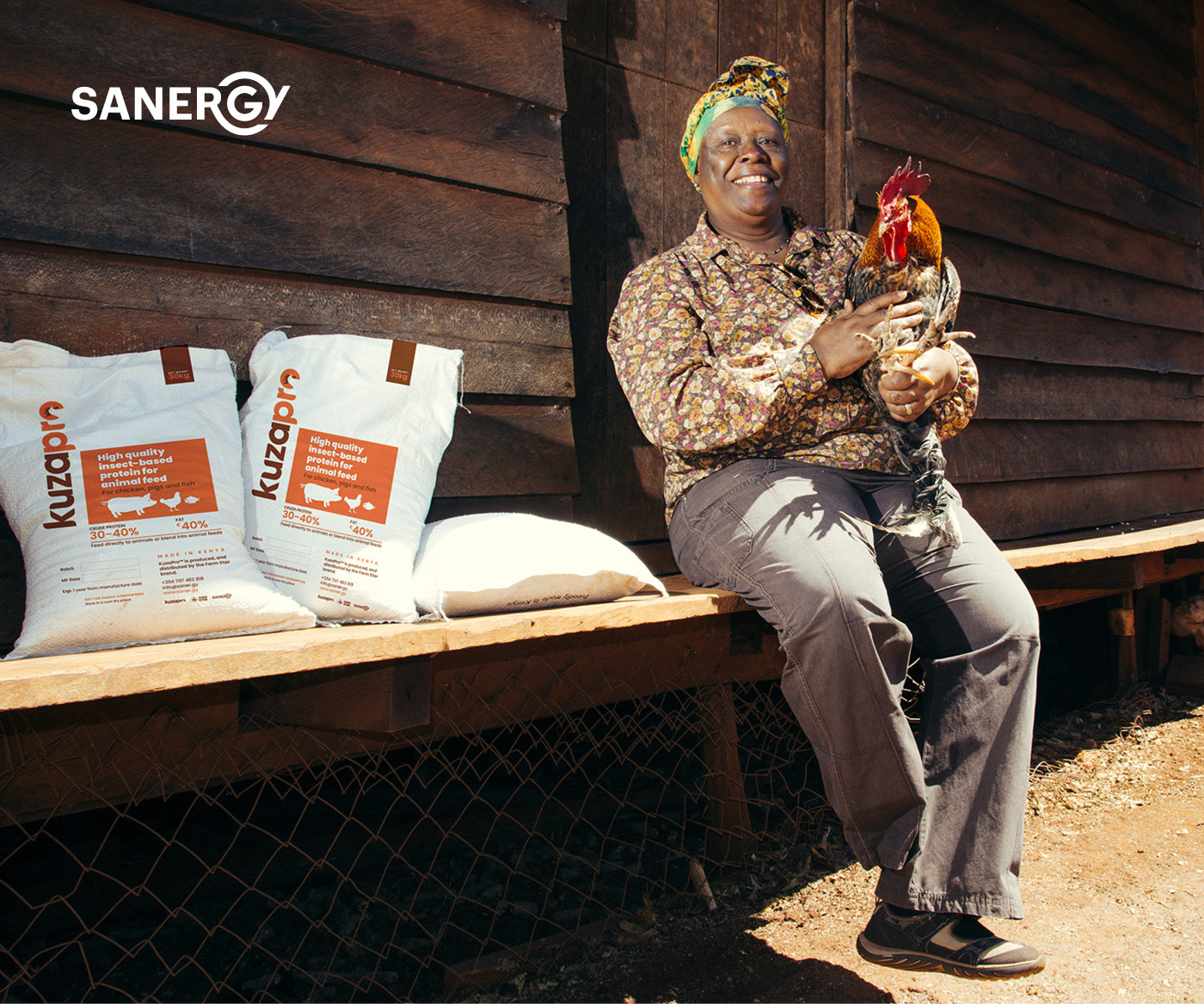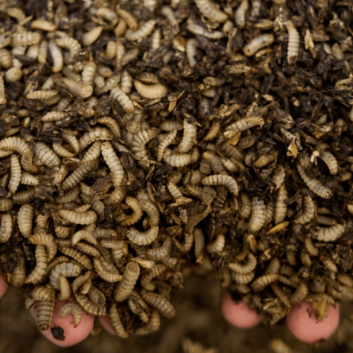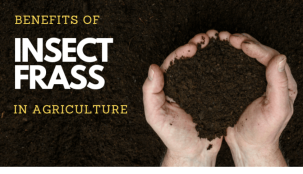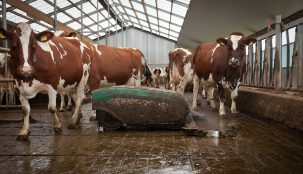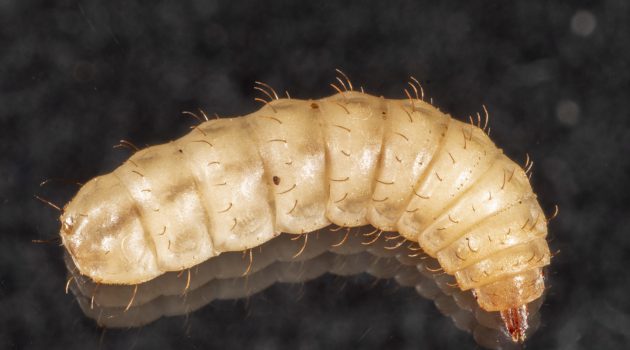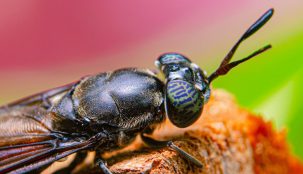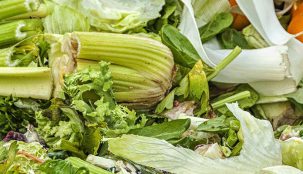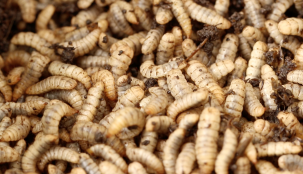The Future of Organic Waste Management
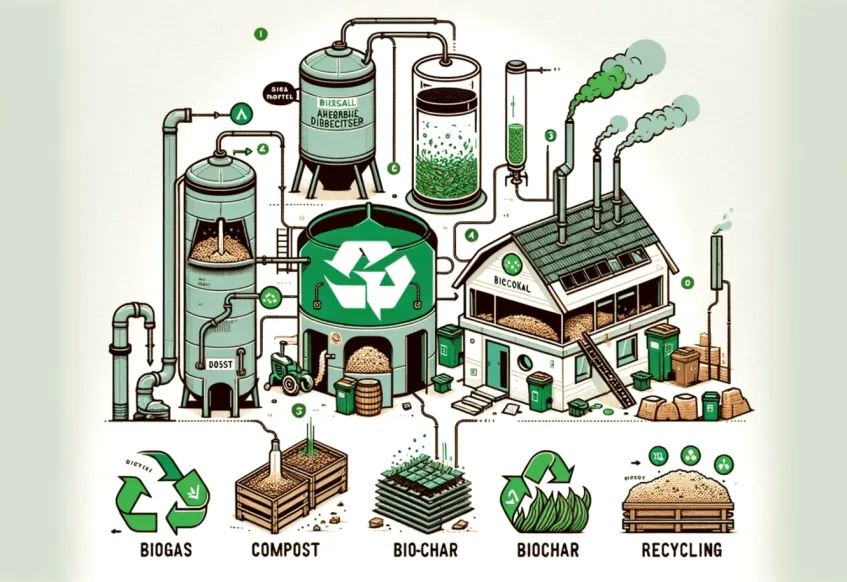
In the ever-evolving landscape of waste management, organic waste companies are constantly seeking innovative solutions to address environmental concerns while maximizing resource utilization. Among the emerging technologies, Black Soldier Fly (BSF) bioconversion stands out as a promising advancement that not only tackles waste management challenges but also offers a plethora of additional benefits.
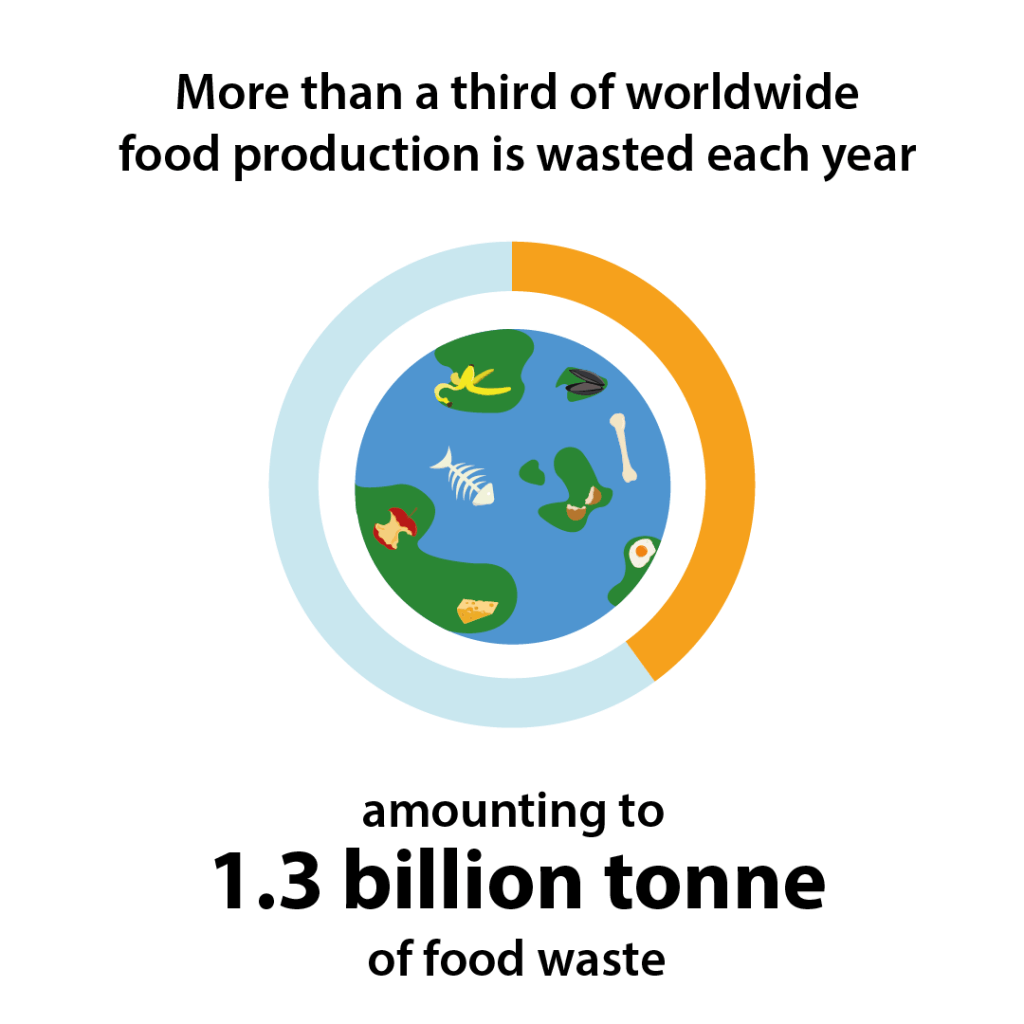
Revolutionizing Organic Waste Management
Traditionally, organic waste management has primarily focused on composting and anaerobic digestion. While these methods are effective in reducing waste volume and producing nutrient-rich soil amendments, they have limitations in terms of efficiency and scalability. This is where BSF bioconversion comes into play, offering a more sustainable and holistic approach to waste management.
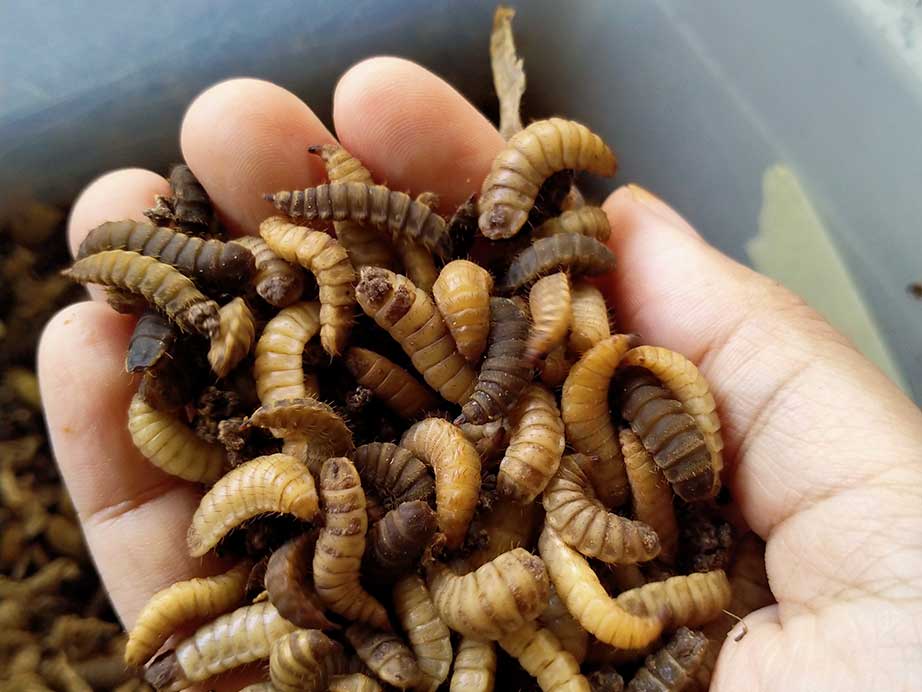
Harnessing the Power of BSF Bioconversion
One of the key advantages of BSF bioconversion is its ability to convert organic waste into valuable resources such as protein-rich larvae and nutrient-dense frass (larval waste). Unlike traditional methods that simply decompose organic matter, BSF larvae efficiently consume a wide range of organic materials, including food scraps, agricultural residues, and manure. This process not only diverts waste from landfills but also produces high-quality protein that can be used as animal feed or even for human consumption.
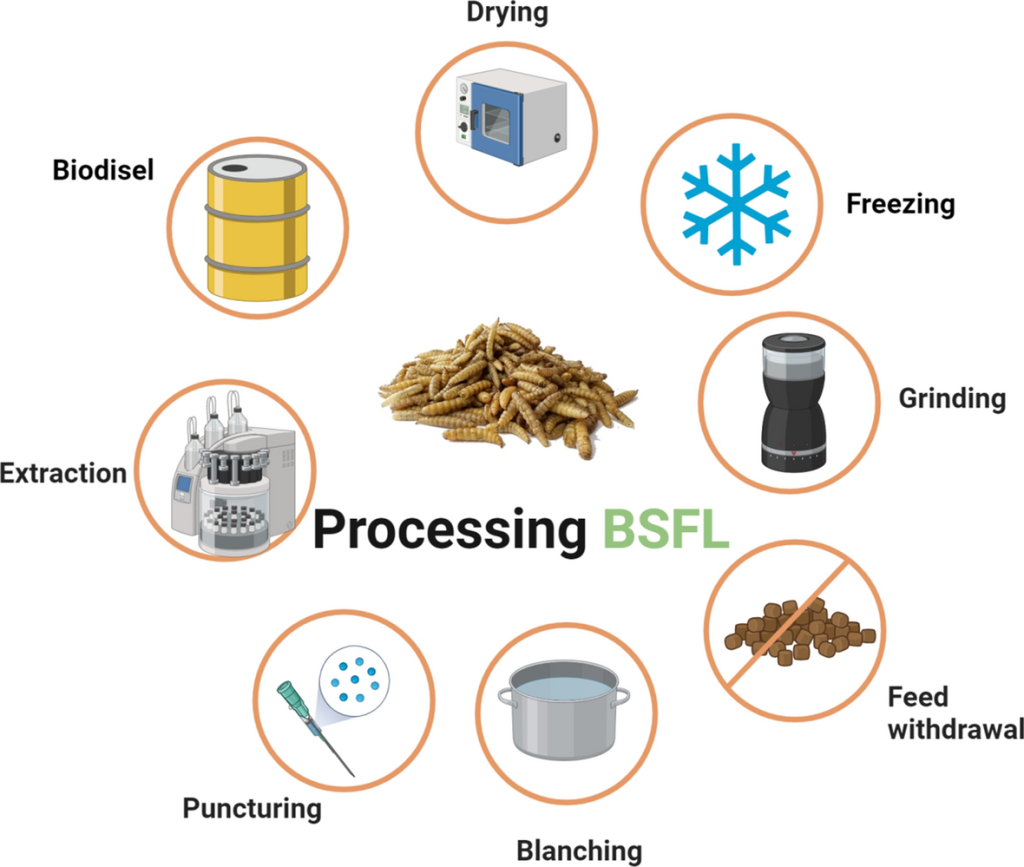
Sustainable Agriculture
Moreover, BSF bioconversion offers a sustainable alternative to conventional fertilizers by producing frass, which serves as an excellent soil amendment. Rich in essential nutrients like nitrogen, phosphorus, and potassium, BSF frass provides plants with the necessary nutrients for healthy growth and development. By replacing chemical fertilizers with organic alternatives, BSF bioconversion helps mitigate environmental pollution and reduces reliance on finite resources.

Reducing Carbon Footprint with BSF Bioconversion
Furthermore, embracing BSF bioconversion contributes to a significant reduction in carbon footprint. Unlike landfilling, which generates methane—a potent greenhouse gas—BSF bioconversion is a low-emission process that promotes carbon sequestration. By converting organic waste into valuable resources and minimizing greenhouse gas emissions, BSF bioconversion aligns with sustainability goals and supports efforts to combat climate change.
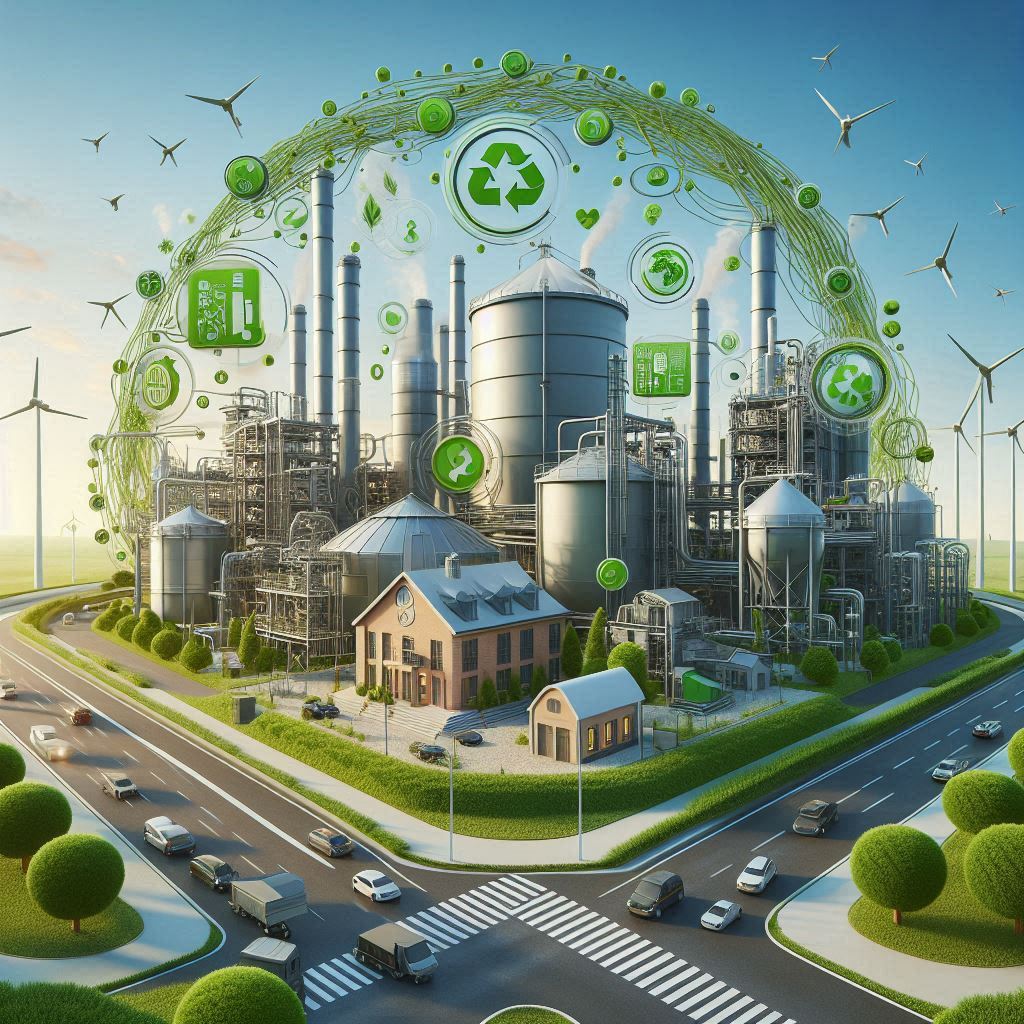
In essence, Black Soldier Fly bioconversion represents the next step in the evolution of waste management. Its multifaceted benefits, including protein production, industrial fertilizer replacement, and carbon footprint reduction, position it at the top of the resource ladder. As organic waste companies strive to offer comprehensive and sustainable solutions, integrating BSF bioconversion into their portfolio of services is not just advantageous—it’s imperative for building a greener, more resilient future. By harnessing the potential of BSF bioconversion, organic waste companies can lead the way towards a more circular economy where waste is transformed into valuable resources, benefiting both the environment and society as a whole.
For more information about:
- Insect Bioconversion of Waste, please contact us at the Insect school. https://www.insectschool.com/
- Turnkey Insect Farms – https://www.insectengineers.com/bsfturnkey/production
- If you would like to book BSF industry keynote speaker Bob Holtermans for your event – https://www.insectengineers.com/about-us/speaker-bobholtermans
